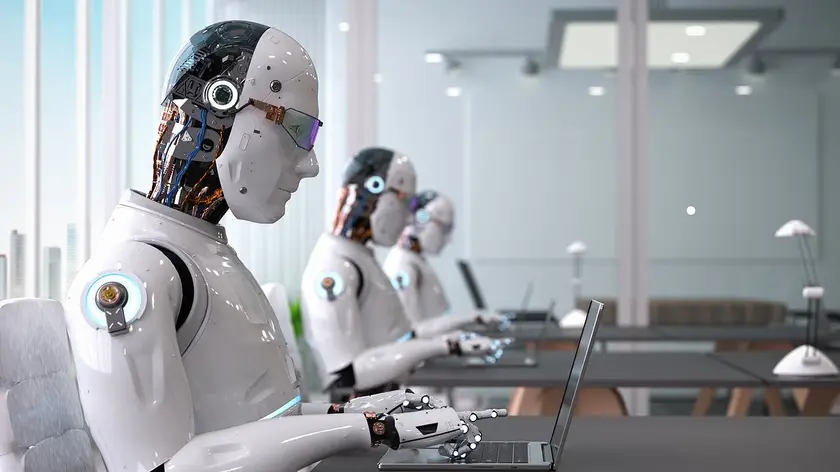T4K3.news
AI reshapes entry level hiring in tech
New grads face fewer opportunities as AI boosts automation and changes what firms look for in early career hires.

AI tools speed up automation of junior tasks and shrink entry level openings for new graduates in the tech sector.
AI Upends Entry Level Hiring Halving New Grad Opportunities
Kenneth Kang, a computer science graduate in Portland, spent a year applying to more than 2,500 jobs and landed a role at Adidas after 10 months. His experience mirrors a broader squeeze as entry level roles become rarer, internships convert to fewer permanent positions, and employers expect more than the traditional on-the-job training. AI is accelerating this trend by taking on junior tasks and pushing firms to hire fewer beginners who need development.
Data from Handshake show traditional entry level postings fell about 15 percent last year. Internship conversion rates also slipped, with just 62 percent of interns receiving full-time offers in 2023–24, pushing overall conversion below 51 percent—the lowest in more than five years. Hybrid internships fared worse. Experts say the AI efficiency push is changing expectations, rewarding higher-level skills and possibly leaving new graduates with a tougher initial job search. Some scholars warn that a shrinking pipeline now could create a skills gap for the leaders of tomorrow.
Key Takeaways
"AI is taking over, which is creating limited jobs or just pushing companies to look for very high-level candidates"
Kenneth Kang on how AI is reshaping entry level hiring
"I think that the traditional ways in which we have seen people developing expertise could easily vanish"
Stella Pachidi on the changing path to expertise
"If a lot of firms are cutting at the entry level, there’s a fear that they might actually miss out on the talent that’s going to create their pipeline"
Tristan L. Botelho on the long term impact of reduced entry level hiring
"At the point in time for an individual, this is incredibly disruptive, and as a society, we need to help people with reskilling"
Nick South on the need for reskilling
The trend tests the old career ladder. If firms cut entry level hiring to save costs, they may suppress the very talent that drives growth and innovation in the long run. The pressure to meet short-term efficiency can erode the pipeline that produces managers, engineers, and specialists who later lead projects and companies.
Universities and employers will need to rethink training and pathways. Reskilling programs, integrated AI curricula, and new apprenticeship models could help, but they require investment and coordination. As work shifts toward specialized AI fluency, the debate moves from whether to use AI to how to prepare graduates to work with it effectively.
Highlights
- AI is taking the first rung off the ladder for new grads
- Short term cost cuts could hollow out future leadership
- Education and industry must reskill together or risk a talent crisis
- Graduates are building startups to gain experience instead of waiting for offers
Potential impact on workforce and policy
The article highlights a potential long term disruption to the talent pipeline, which could affect future leadership and innovation. This may prompt demand for reskilling programs, changes in education-to-work pathways, and policy responses. Budget considerations and public reaction to shifting hiring norms could become points of contention.
The talent ladder is changing, and our approach to preparing workers must change with it.
Enjoyed this? Let your friends know!
Related News

Generative AI is reshaping tech jobs

Microsoft releases pay guidelines for new hires

AI threatens white-collar jobs in the UK

DeLong warns against blaming AI for job struggles

CS grads face higher unemployment as AI reshapes hiring

PwC to have entry level accountants oversee AI

Entry-Level Job Skills Shift Due to AI

Job Market Challenges for All Generations
